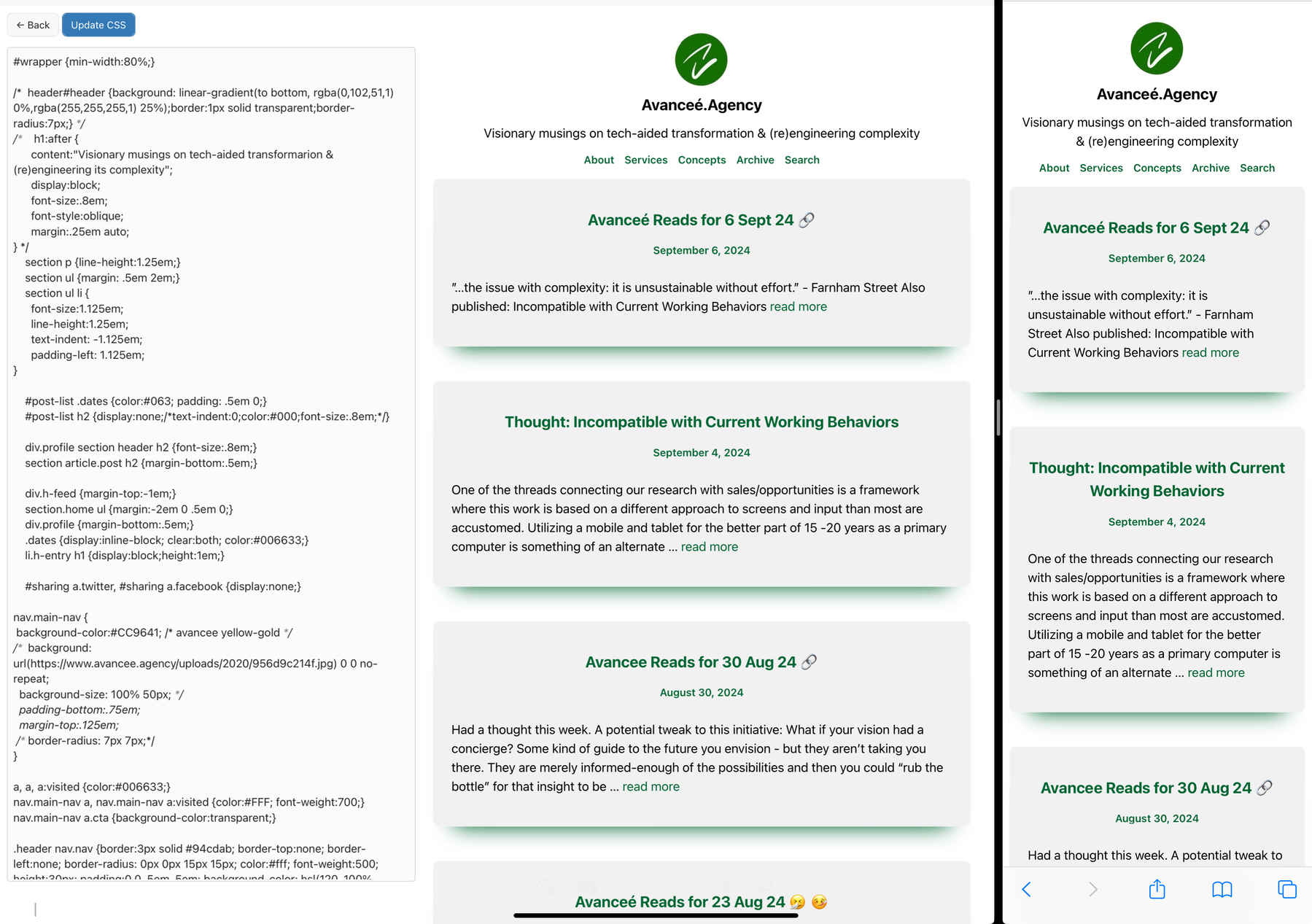Are Websites Still Needed

A few conversations recently brought back to the surface an older topic: is a website really needed?
To be frank, am speaking of persons who are not selling products but are offering a service, or displaying a competency so that they can be utilized for some type of knowledge expertise. What is the value of a website for these persons/companies?
Where the website was once the center of your interaction and knowledge with a person or business, it is now social media, interpersonal relationships, and broadcast/narrowcast media which takes these roles. The website serves as a validation point for those aspects.
For some matters where a person/org has expertise, they used to have a blog to share and promote this. Newsletters have taken over in this regard for many - and as such just having a domain name connected to the newsletter service replaces the website after some threshold for reputation.
However, there are those to whom the website is necessary because it is their best unfiltered platform. Their services or expertise might be best explained by the mosaic of reports, videos, insights, and link-backs across several spaces. The website then serves as the aggregate - staying as a point of record even if those other spaces no longer exist.
Should the website be complicated? No. It needs to be the most simple expression of the brand and capacity of the person/company. Spend time to define branding elements (logo, mission, vision, tone of content, etc) and leave the frilly features (gallery scrolling, interactive bots, etc) alone until interaction dictates.
How to get persons to such a site if it is needed? Lean into your brand messaging. If the display of your subject matter expertise comes in the form of decks, make sure your decks have a pointer (content and visual) to your site. If your premise relies on pulling people in from diverse areas, make sure there are as many doors to your site as possible (business cards, QR codes, social media handles, etc.). Own your brand’s domain name - and use it often (having your-brand(at)email-service.com isn’t owning your brand). And then be sure to keep those branches updated - your social media bios should show the brand and domain name. Same for alternative content such as what might show up in business guides, etc.
After all of that, your assessment of having or not having a website will be clearer. Notice how I didn’t speak about analytics - don’t put the pressure on your site to answer for analytics until you’ve got something which gains traction. Notice how we didn’t say to spend more on a custom website - you can build a website in less than five minutes (Wordpress, SquareSpace, MicroBlog, and many domain registrars offer this, sometimes in a free or very low cost tier).
Do you need a website? Probably or probably not. Decide how the website or its artifacts (domain name, media, etc) will be used and then just put it out there. The worst thing which can happen after that is that you’re going to find that it does more for you than you expected. And at that point, all of the above notes about what to do or not do will be even clearer.